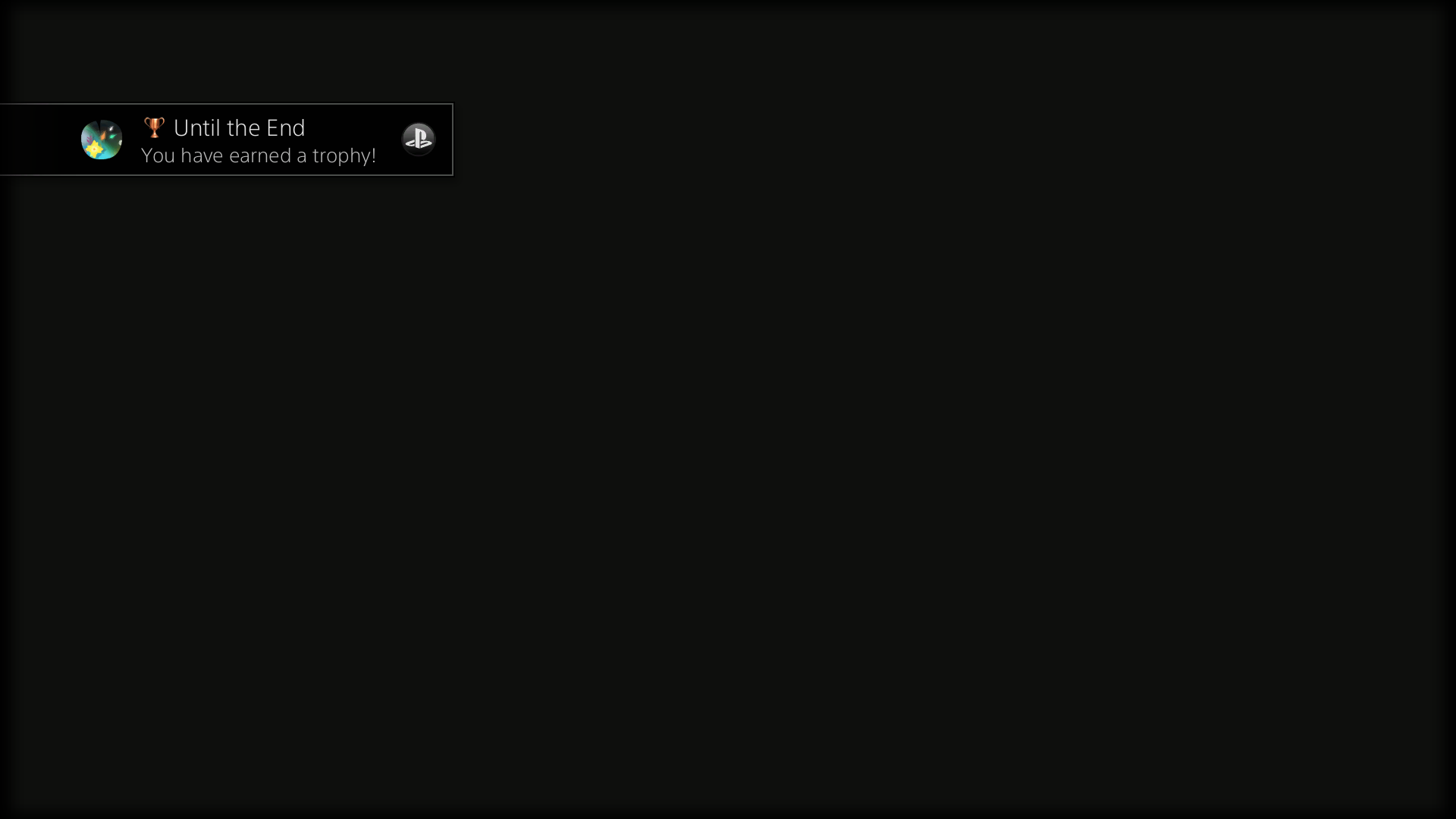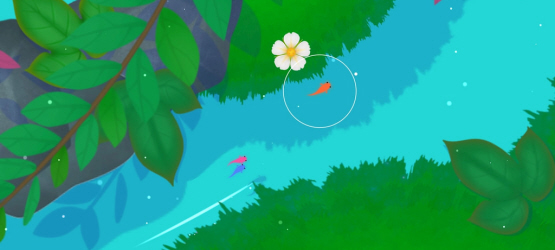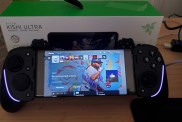PlayStation LifeStyle recently had the chance to sit down over email and talk all things KOI with developer Dotoyou and Oasis Games. Answering the questions surrounding this title and the fact that it is the first Chinese developed title to make it west on the PS4, are CEO Julien Li, Lead Designer DAQ of Dotoyou, and Martho Ghariani, Business Development Manager at Oasis Games.
PSLS: We would love to hear about what creative gaps there are in gaming from the Chinese perspective. With console game creation just starting up, what other kind of fresh ideas would you like to see realized?
Julien Li: As a developer from China who is working on a console for the first time, we quickly realized that we are dealing with a large global player-base. In thinking about the vast amount of players with their own interests and high standards for the quality of their games, we became a bit anxious whether or not they’d be able to understand the aspects of Chinese culture that we want to express.
We wanted to do something meaningful by using small means while encouraging a mentality that focuses on sense to solve problems. Quite a few console games today are culturally expressive, and many have a way of storytelling that is distinctly Western. We want to also accomplish this with our console games, but with Chinese cultural influences— we want to show a delicate and warm way of expressing feelings and emotions. KOI was our first chance to share this goal with gamers in the West.
PSLS: With this being the first step for the studio, what goals did you want to achieve with your inaugural project, KOI? Obviously, you weren’t aiming to take down “Uncharted”, but wanted to do something memorable.
JL: Actually our goal was to take down “Uncharted.” Kidding of course! KOI is our first console game that is published globally, and we put our souls into getting the game polished and as good as it can be for release. Being able to make our first entry onto the PlayStation and share our creation with all of the players from around the world is a huge milestone in all of our lives.
DAQ: Actually, even more than taking down games such as “Uncharted,” in the future we hope to become a developer with titles that others would want to take down! *laughs* What we truly want to achieve is to create a portfolio of games that will be different from one another but also share characteristics that make it a Dotoyou game.
More on KOI:
PSLS: What are the major differences you see between marketing to the Chinese audience and Western audience?
Martho Ghariani: With the console market only recently having opened up in China, Chinese players are used to different kinds of games from those in the West. The West also has a long history of console games with a lot of influential and important gaming publications that have been around for a while. We have tried to emphasize the Chinese elements of the game for our Western audience, while at the same time showcasing KOI’s uniqueness which is out there to be experienced for all audiences, no matter where they are from.
PSLS: With this being the studio’s PS4 debut, what challenges did you face technology-wise? How difficult was it to develop for a current-gen console?
JL: Bringing KOI to the PlayStation 4 actually went quite well in terms of getting used to the tech and the development process. But due to our being inexperienced with the platform, we did have some trouble getting through the debugging phase to clear certification which took up a fair chunk of time. We’re really happy with the tech support from SIE [Sony Interactive Entertainment], and grateful for all their help.
PSLS: Do Chinese developers feel the need to approach development with a different mindset knowing that the game will have a Western audience?
JL: Players of all ages will play our game, which is something we kept in mind while designing it. So we put a lot of time and effort in the tutorial part of the game, making the game really easy to understand, while also making sure that there would be enough challenges later on, but still keeping in mind an all ages audience. The game has layers of meaning to it, and to tell the stories that are contained in KOI, we wanted to let the game speak for itself rather than make too much use of dialogue. When you add in the meticulously composed background music to the mix, the emotions this game aims to express are easy to understand, and the player will be able to see the Chinese influences of the game without having to dive too deep.
PSLS: What games were a source of inspiration while working on KOI?
DAQ: A lot of games out there we learned and received inspiration from. Games such as those developed by thatgamecompany, which makes games that offer an experience in and of itself, helped us along the way. After all, that’s the kind of games we like to make. But the main source of our inspiration would be from our own life experiences growing up in China.
PSLS: Do you plan on bringing the title to PS Vita in the future?
MG: As a publisher we are open to all kind of platforms, from Vita to VR. We’ve received feedback from many players asking for a Vita release of KOI, and while we can’t make promises at this stage, it’s definitely something we are taking into consideration.
PSLS: What do you hope the audience takes away from your game after playing through it?
JL: We hope that after having played our game, players will have the courage to face any kind of hardship. If a small and powerless little fish can get past the challenges it faced in the game, we hope players will be able to apply this into their real lives and feel they can overcome any difficulties they encounter.
DAQ: We hope that players will get into a relaxed mood by playing our game, and perhaps get a sense of Chinese culture through their experience.
Thank you Julien Li, DAQ, and Martho Ghariani for taking the time to answer our questions and for bringing a unique experience to the PlayStation 4. Stay tuned to PlayStation LifeStyle for future news out of Dotoyou!
KOI Review
-
Koi Review 01
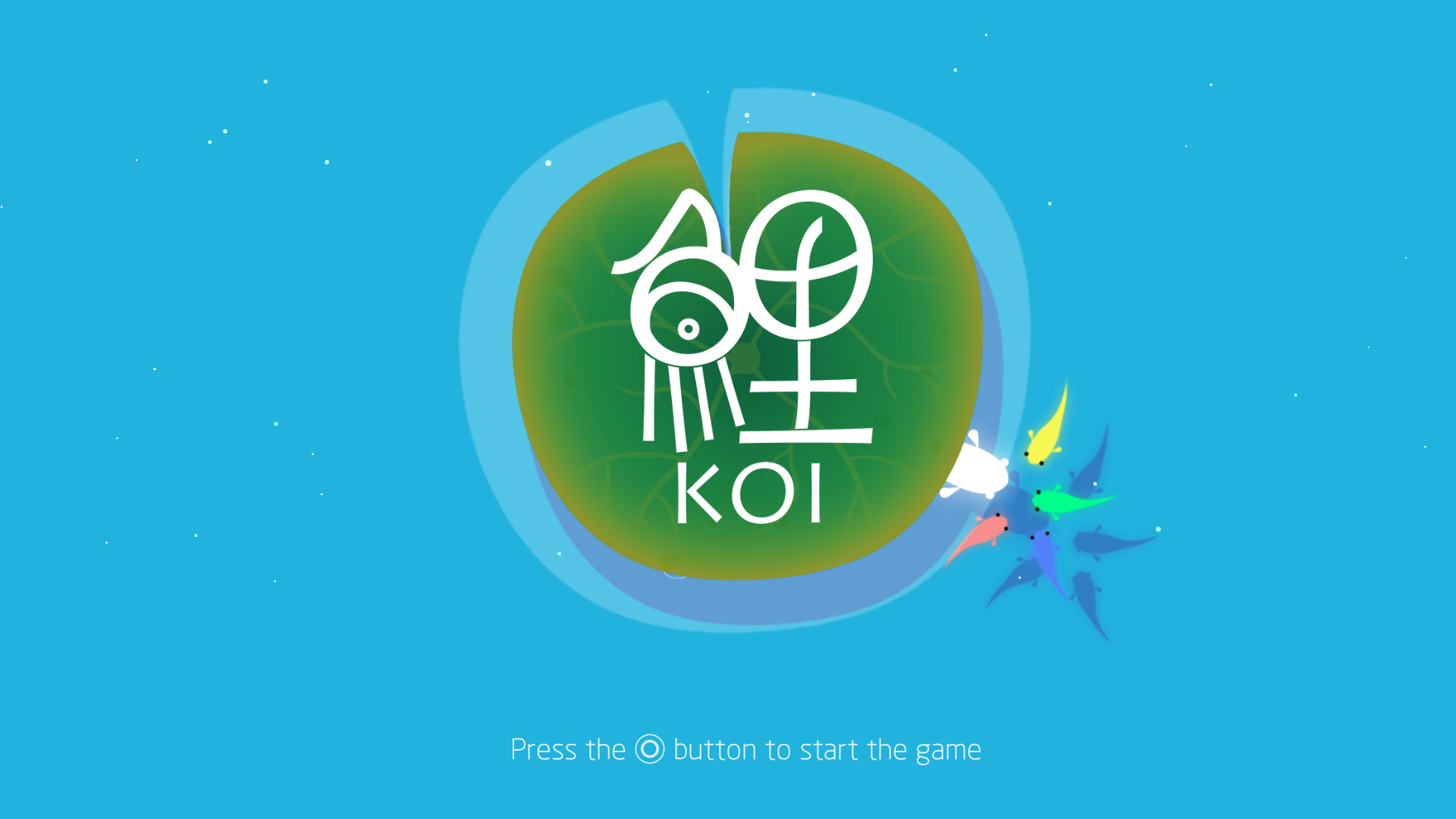
-
Koi Review 02

-
Koi Review 03
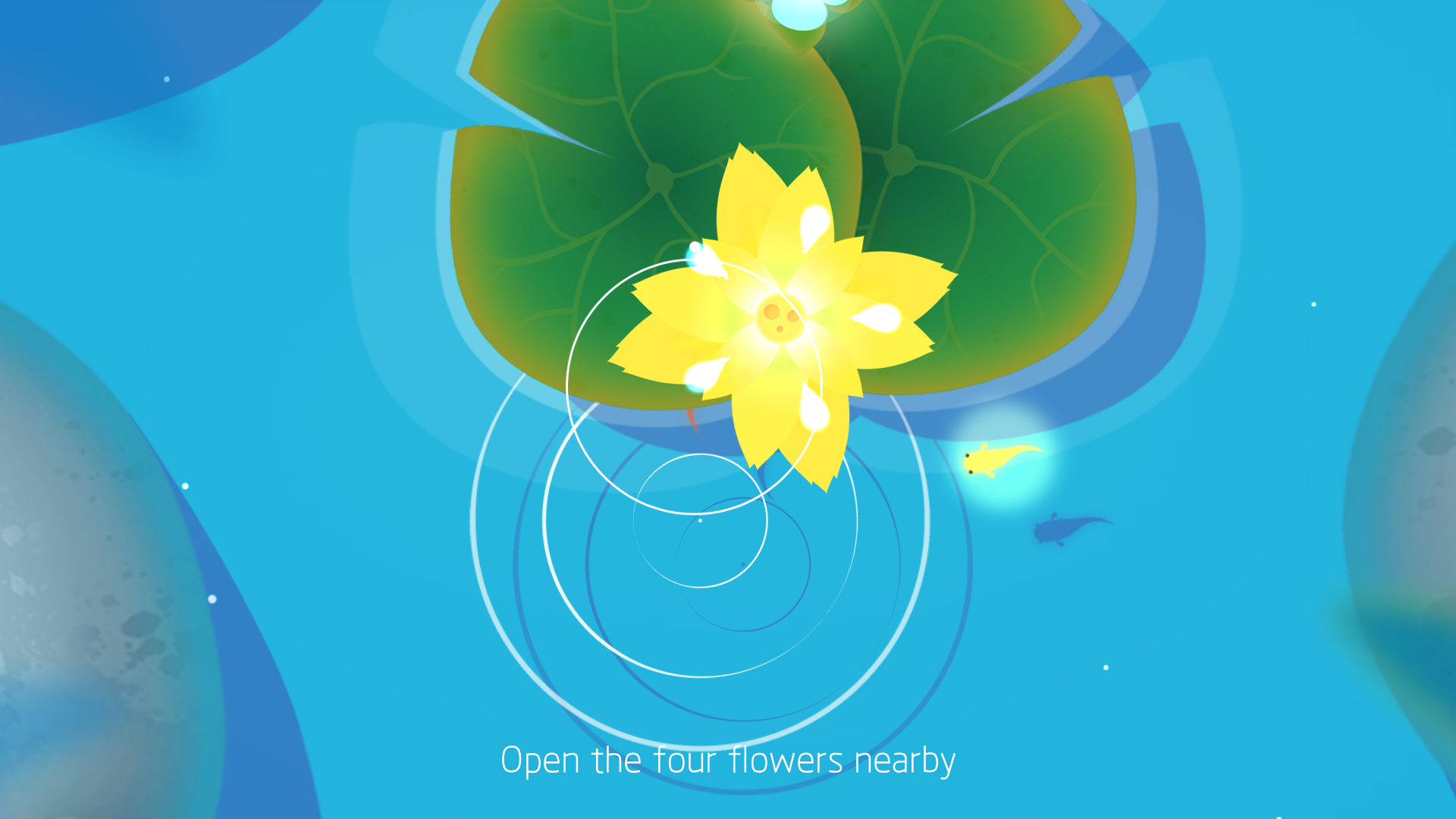
-
Koi Review 04
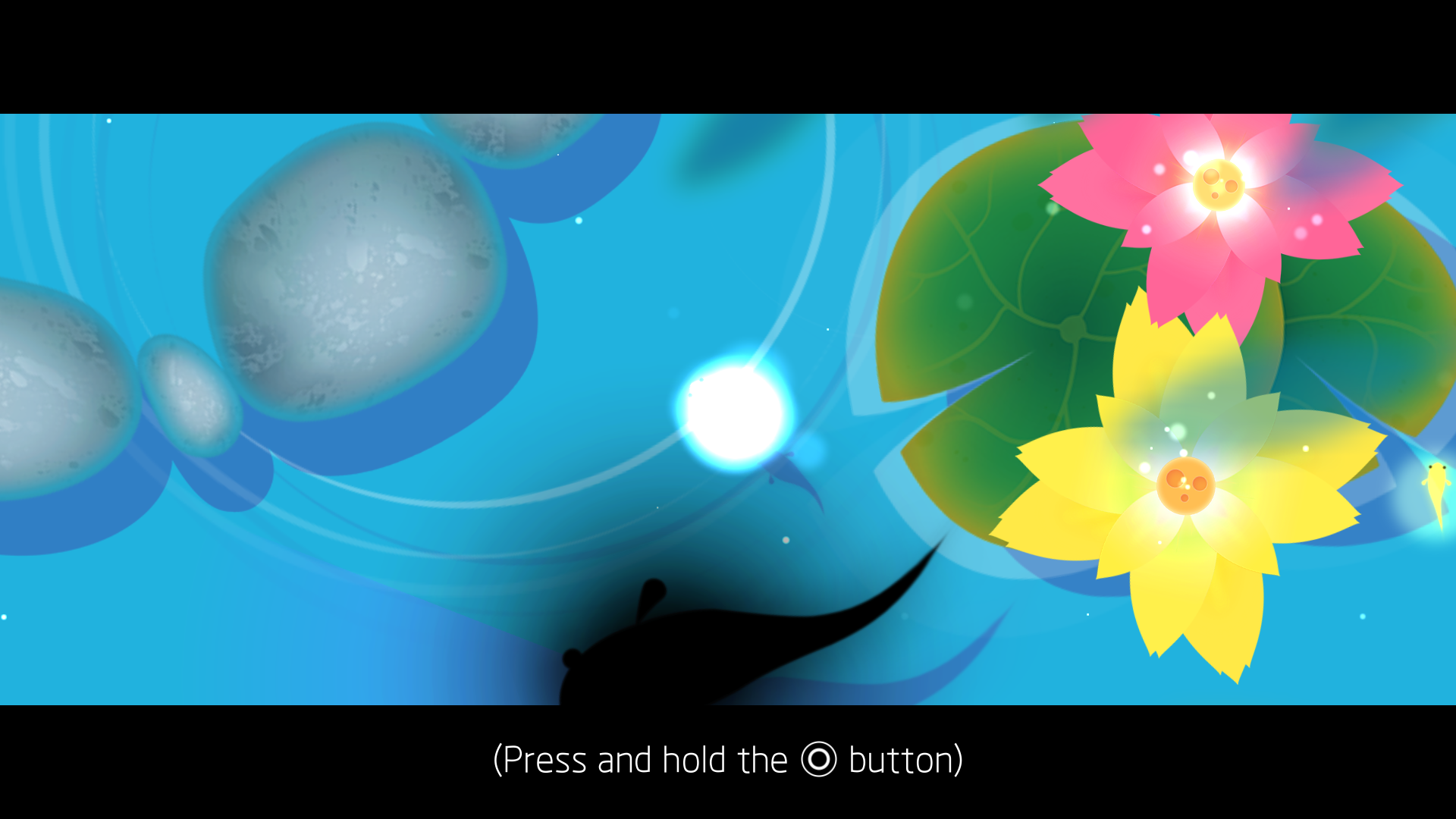
-
Koi Review 05

-
Koi Review 06

-
Koi Review 07
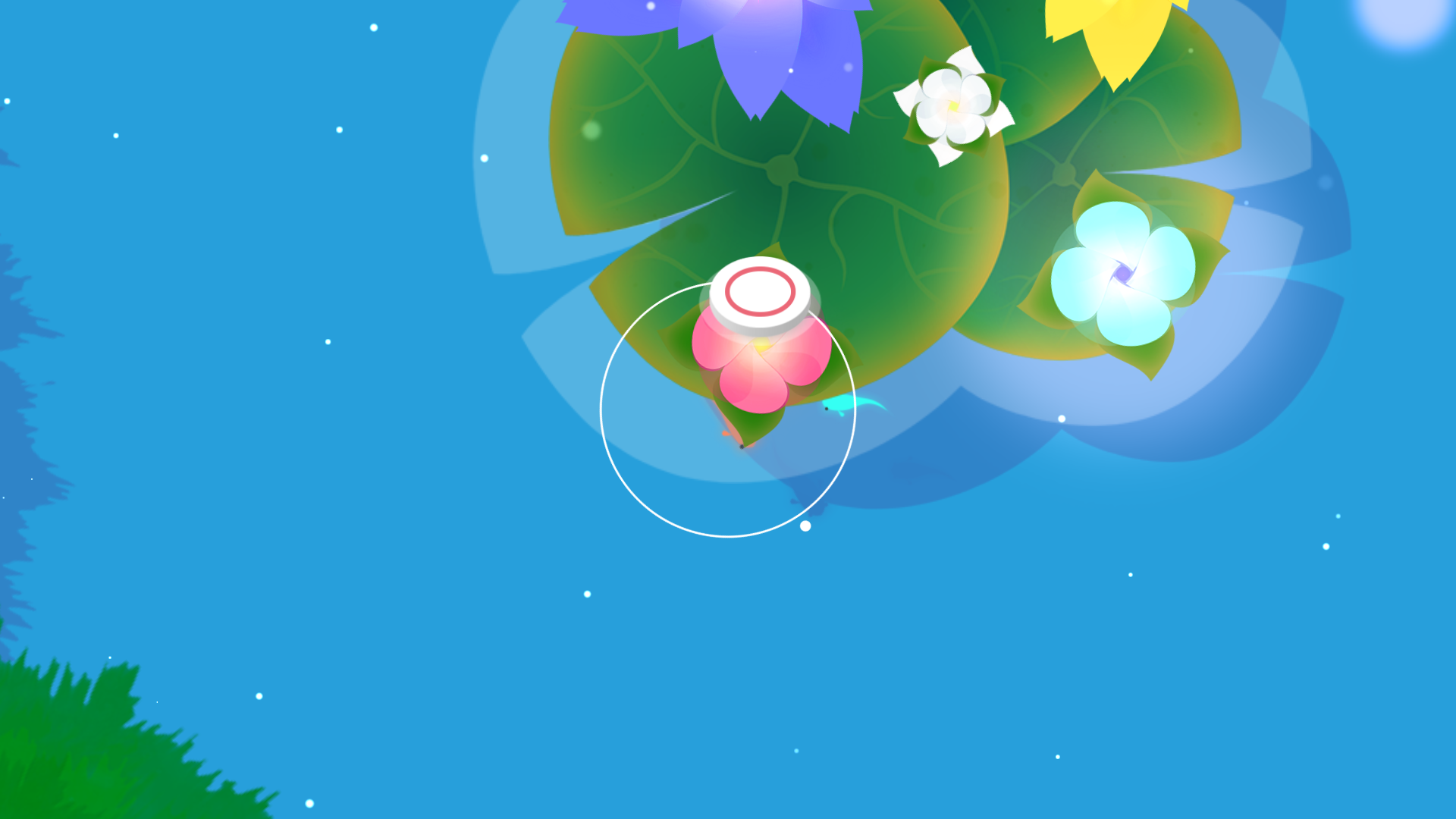
-
Koi Review 08
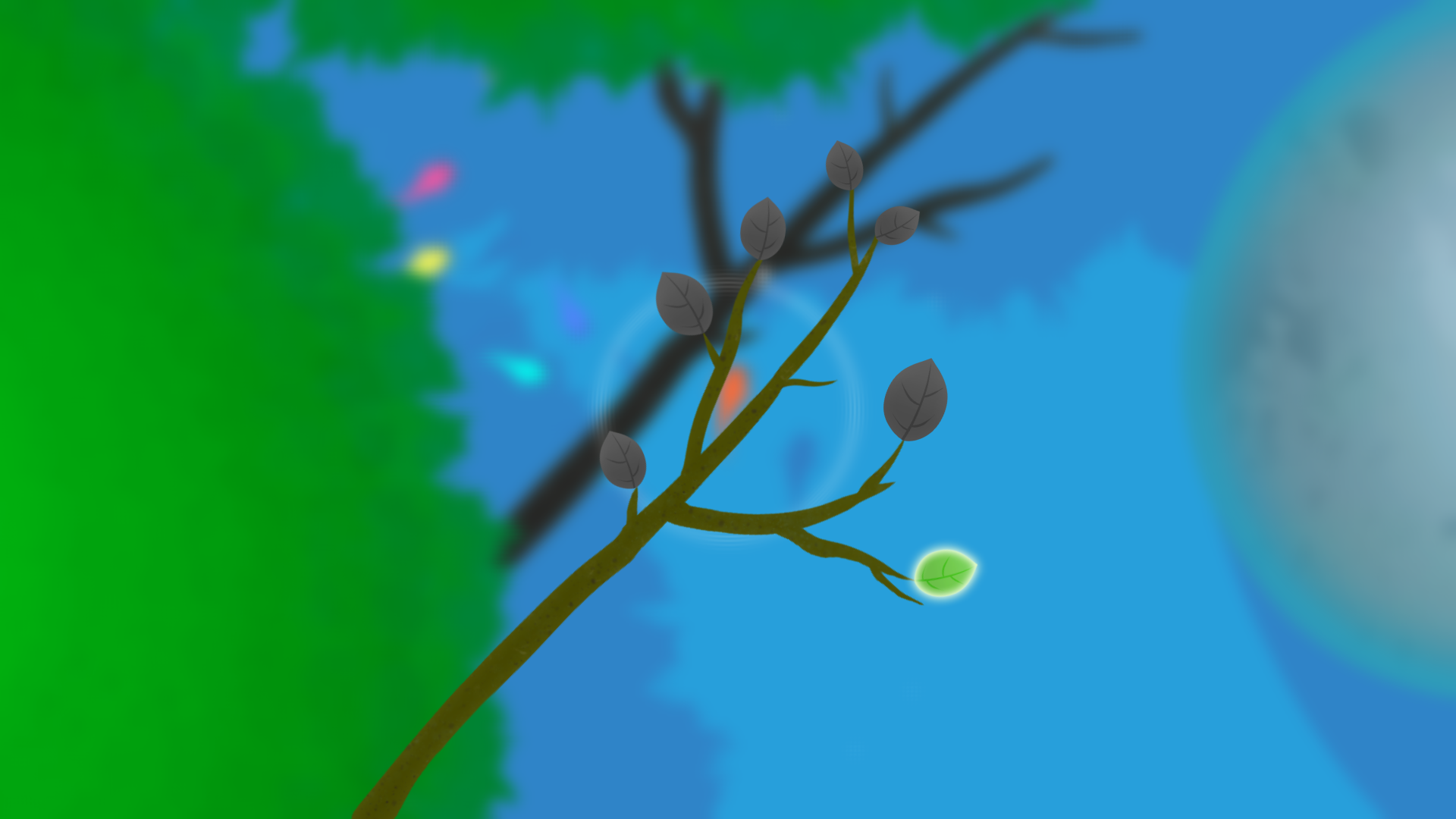
-
Koi Review 09

-
Koi Review 10
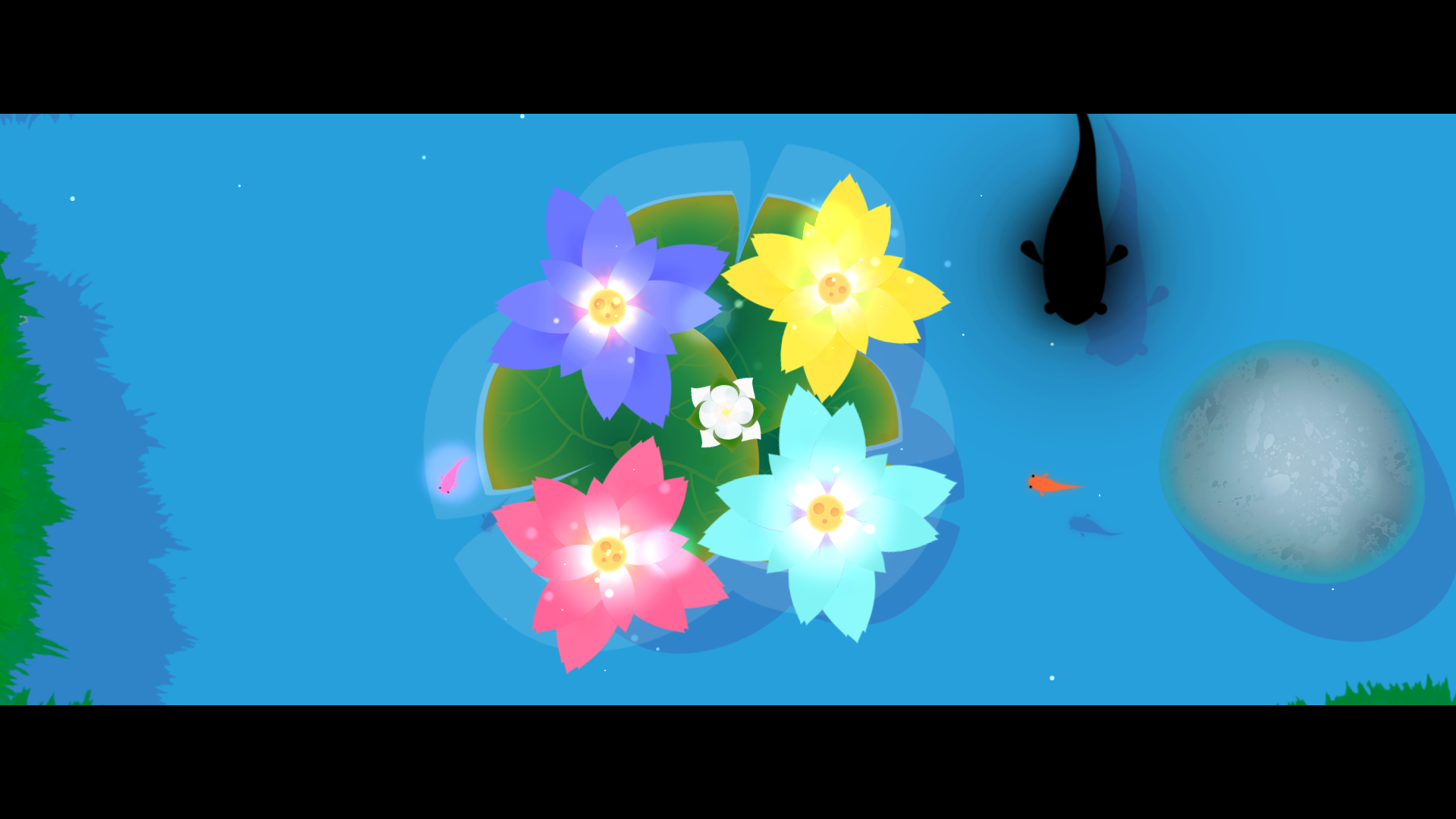
-
Koi Review 11
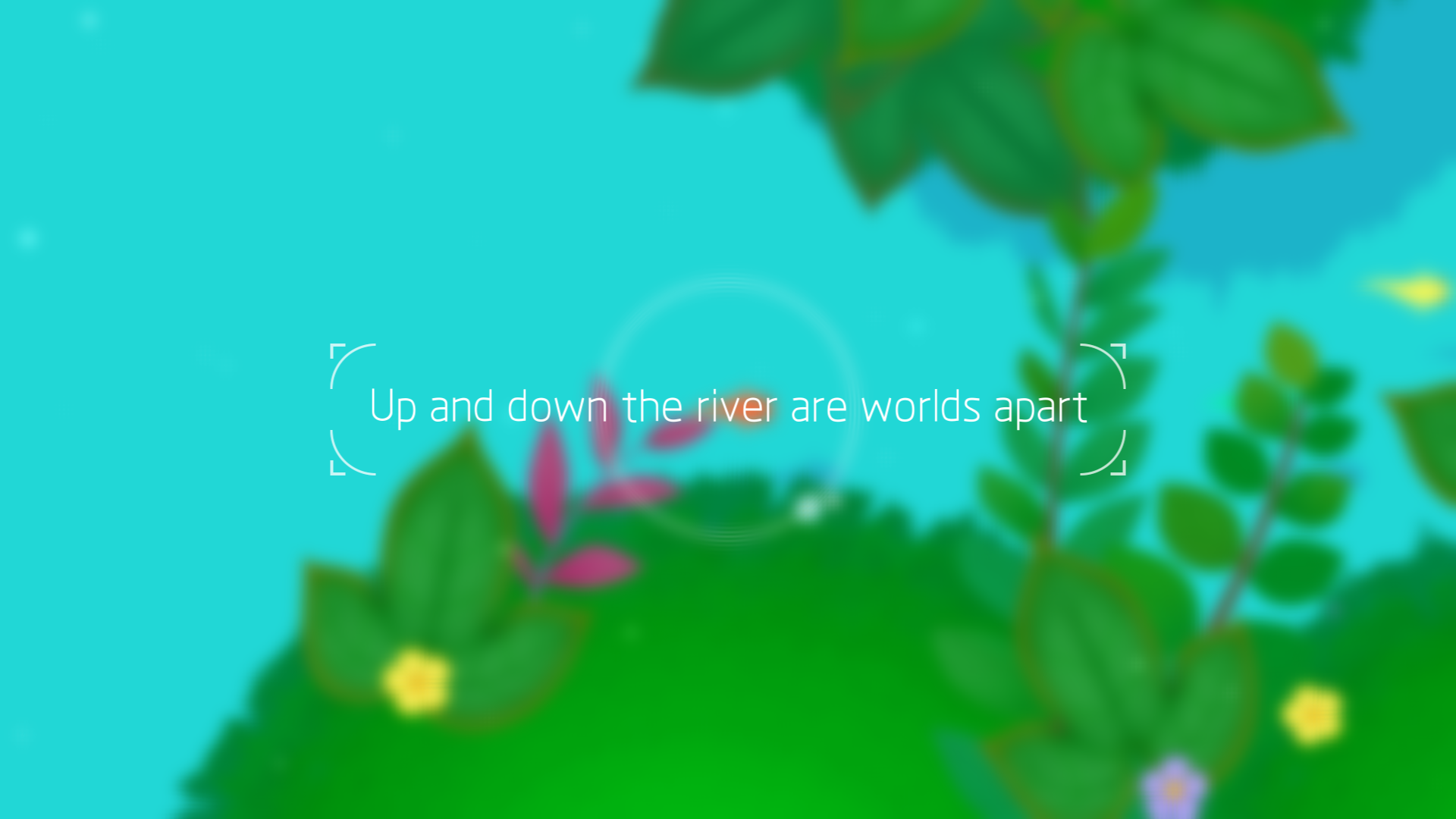
-
Koi Review 12
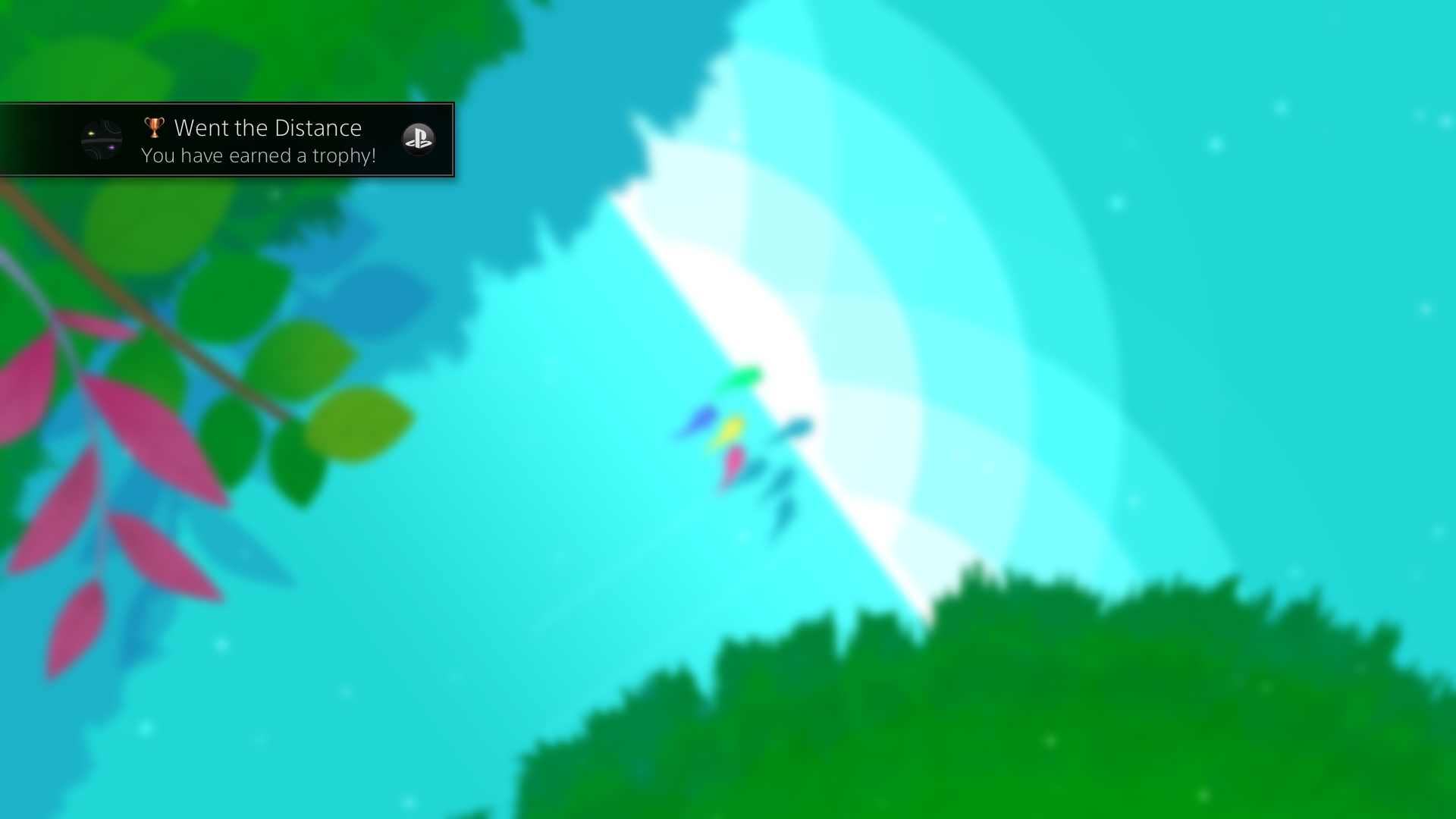
-
Koi Review 13
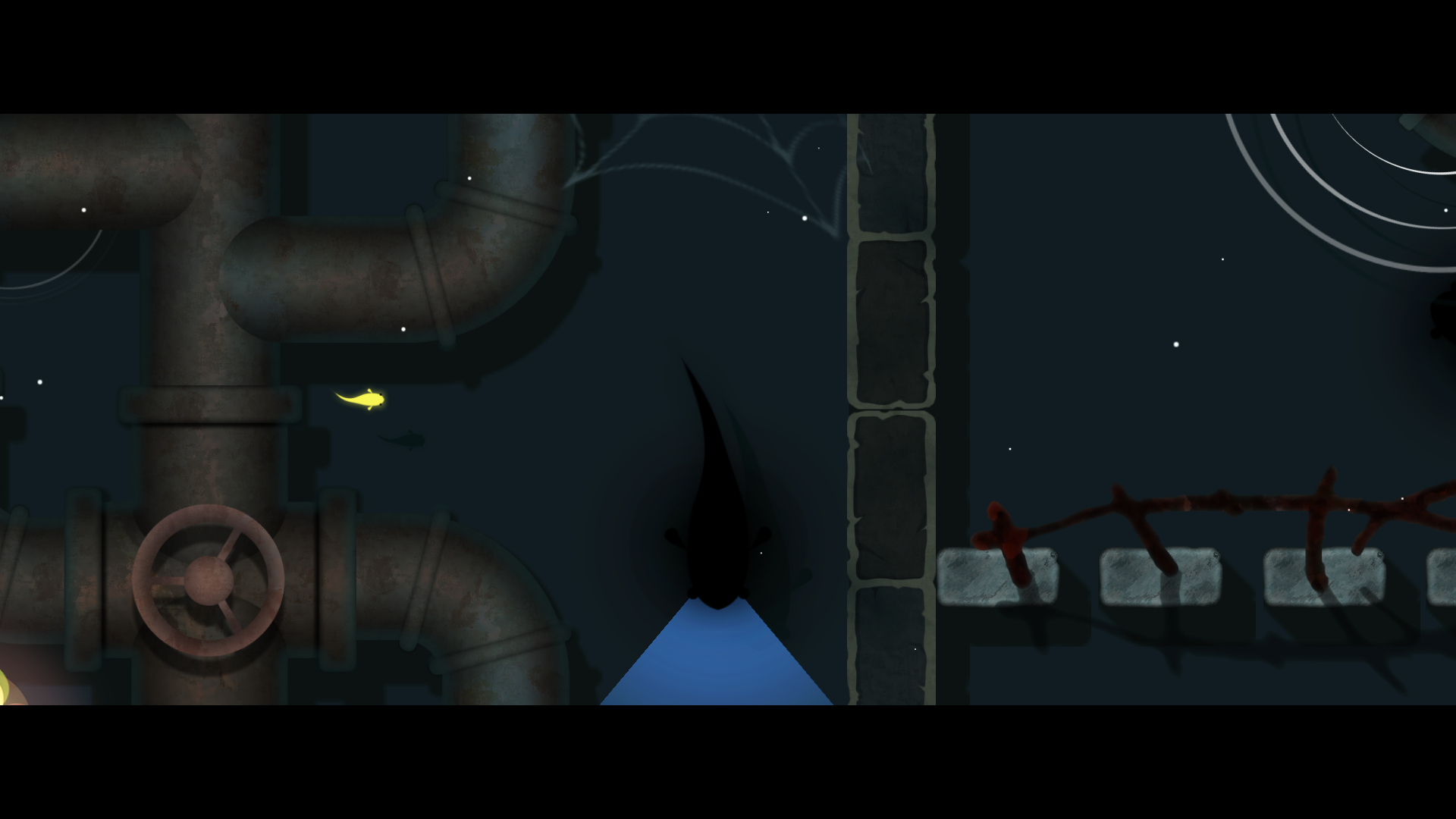
-
Koi Review 14
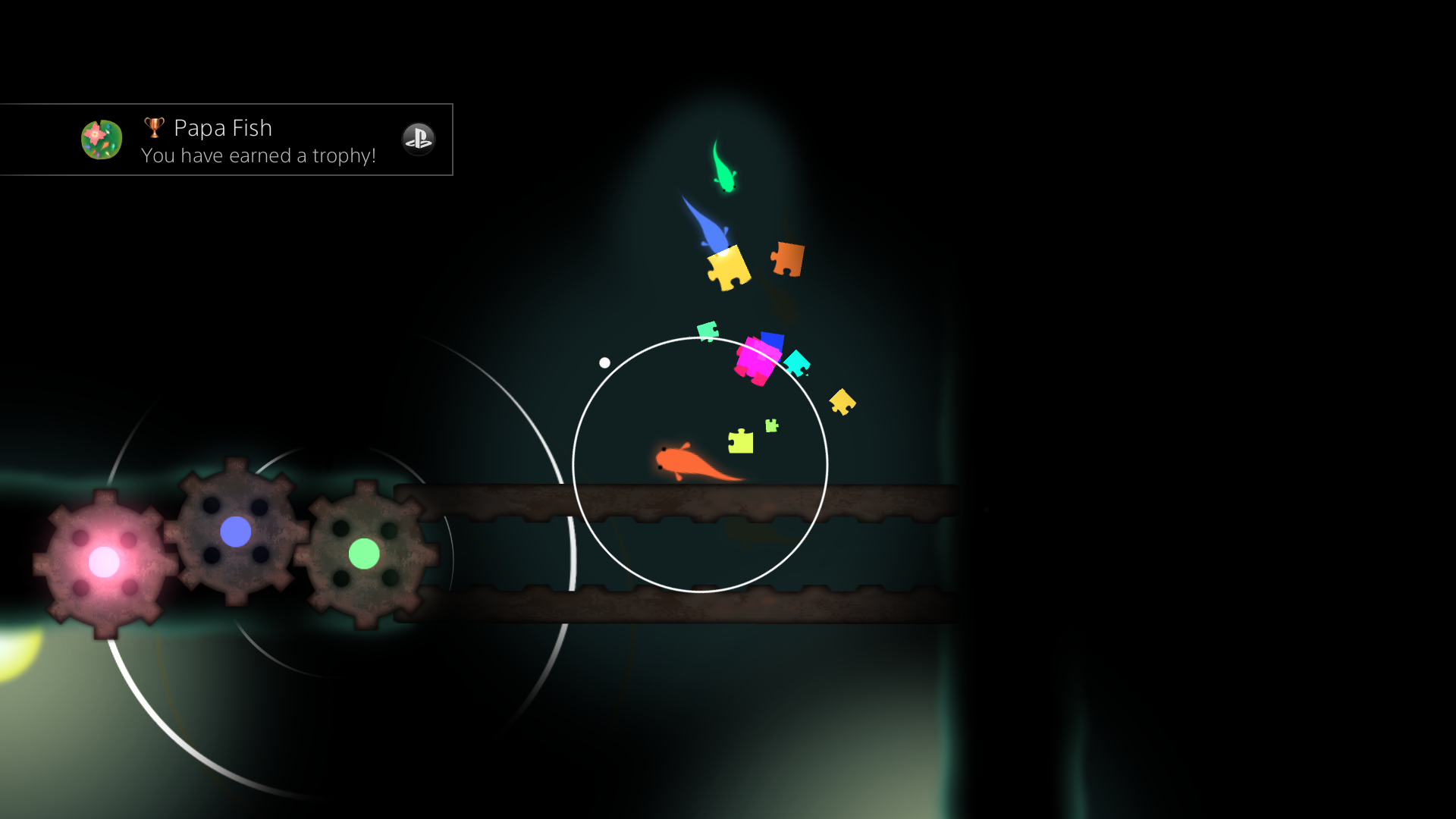
-
Koi Review 15
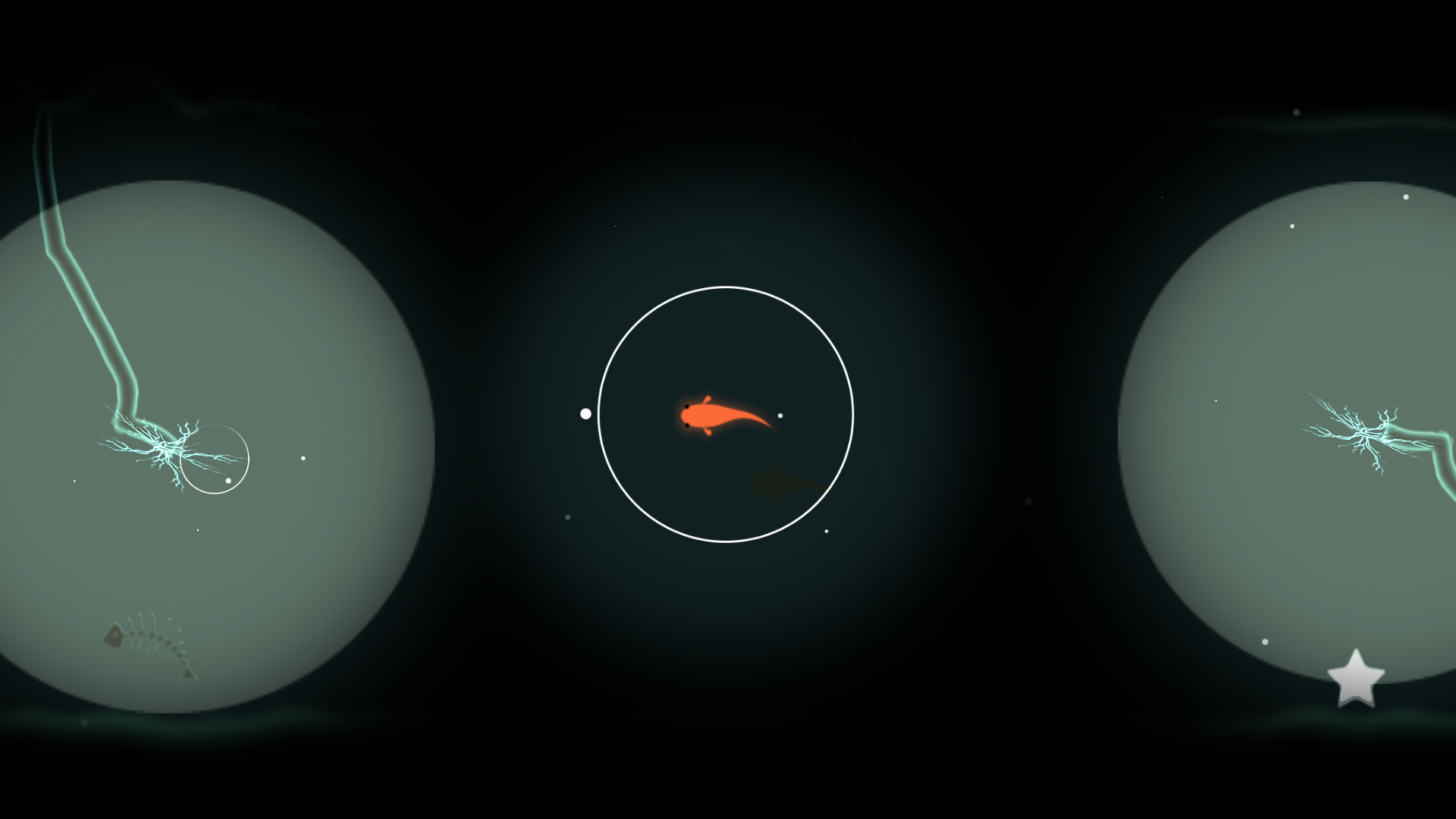
-
Koi Review 16
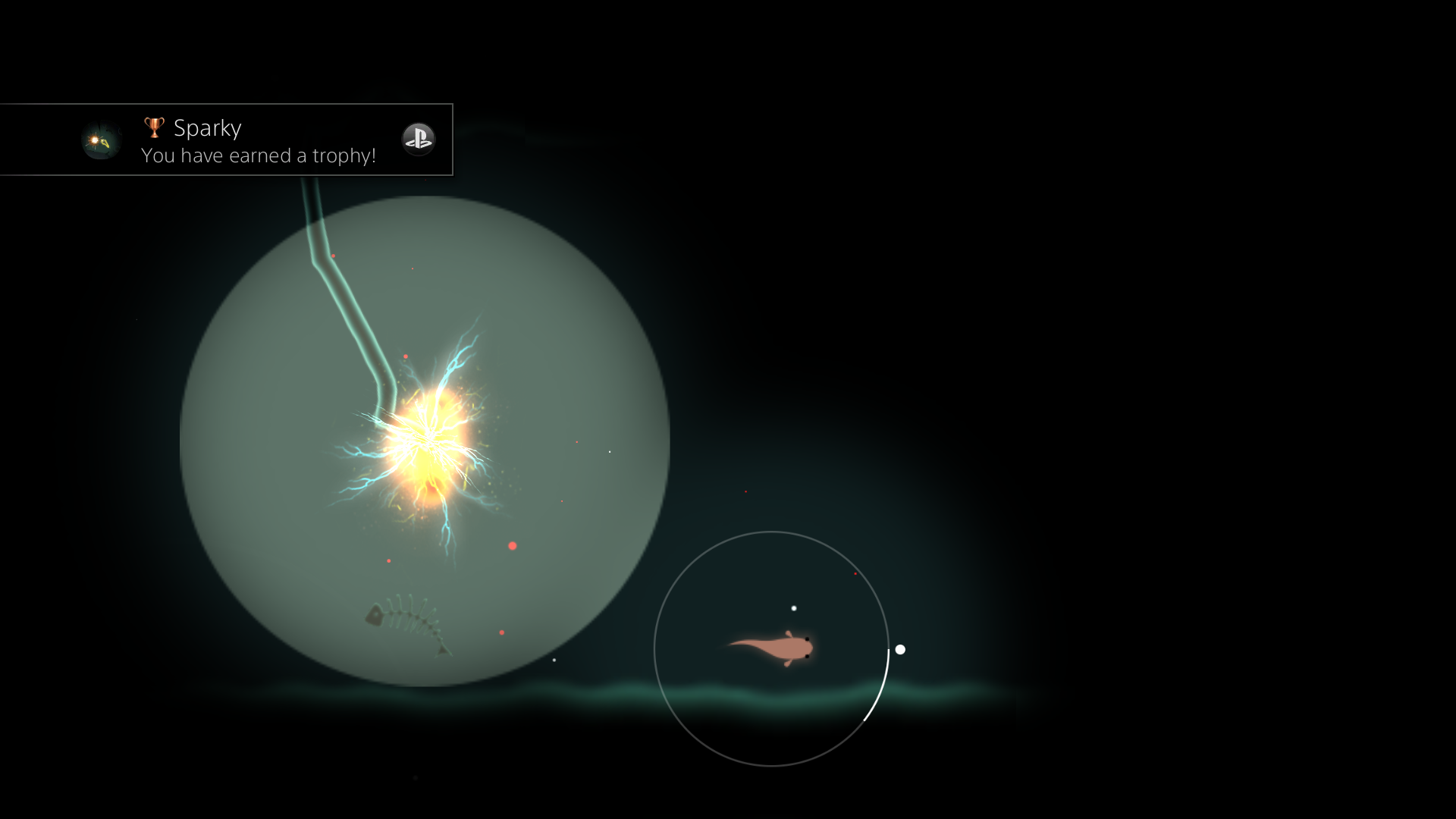
-
Koi Review 17
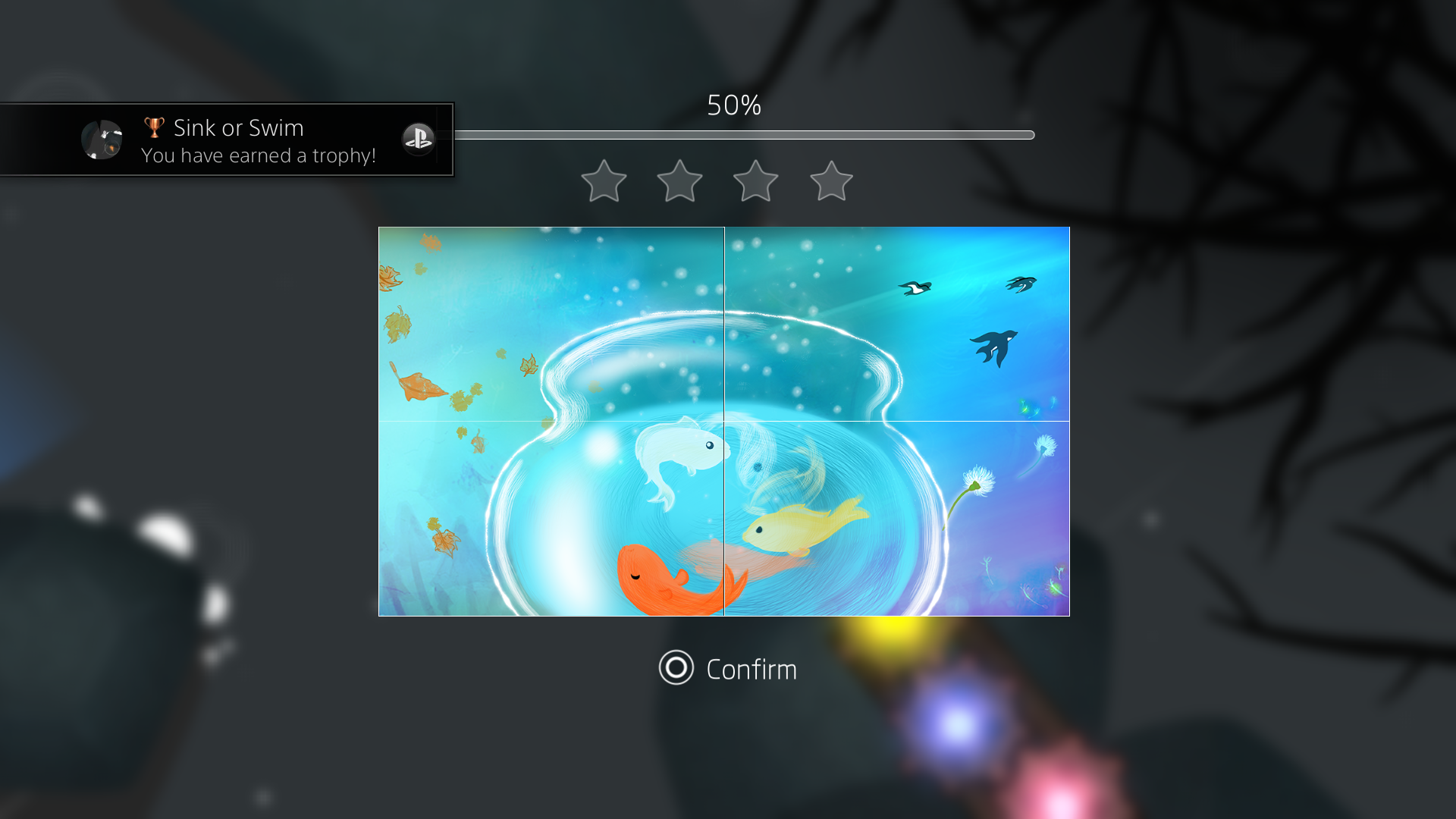
-
Koi Review 18

-
Koi Review 19
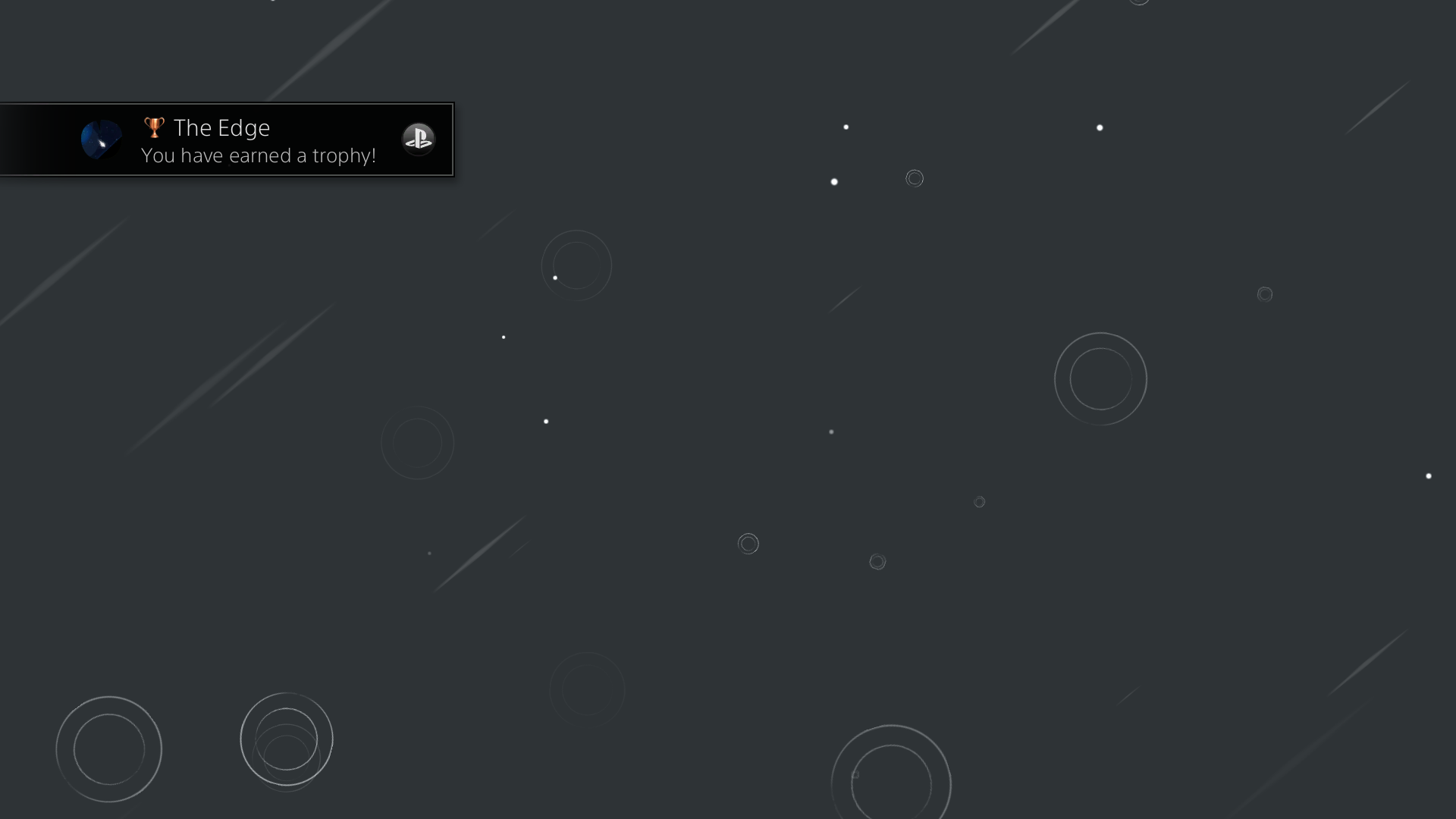
-
Koi Review 20

-
Koi Review 21

-
Koi Review 22

-
Koi Review 23
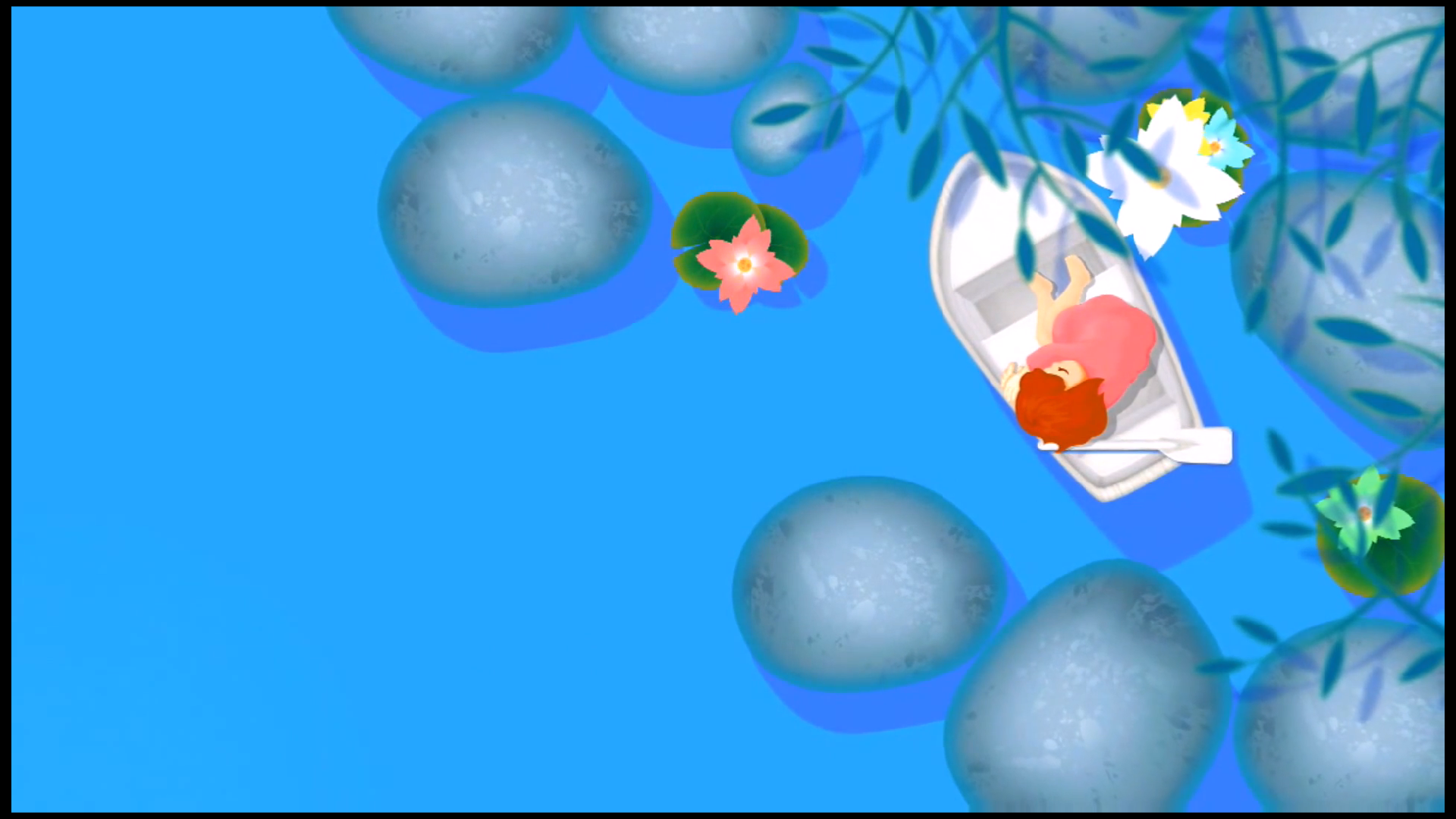
-
Koi Review 24
